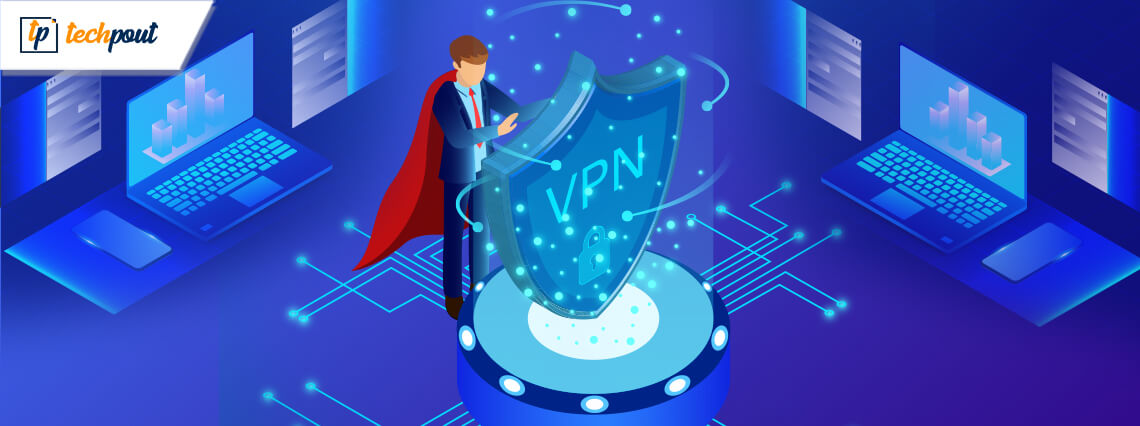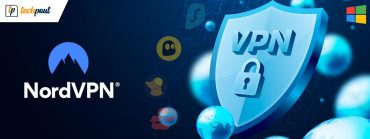Stay Secure in the Digital World with the VPN Server

Our online footprints are our very ownextension of ourselves. From professional accomplishments to personal data,assignment, and friendship with peers, all these can be acquired from the webspace somewhere. With the internet now shifting from anonymity to identity,there is a growing demand for proper privacy is inevitable.
Regardless of how you use the internet, it’s almost a guarantee that you’re being stalked or tracked by another party in some way. There are milliards of actions that must be taken to protect personal data. According to a 2013 research by Pew Research Center, 86%of internet users are recognizing the need for privacy and are already taking steps to get it.
Have You Thought of VPNs?
Many internet users are often unaware of the available options they can use to help them stay secure. Virtual Private Networks (VPNs) are the most commonly used ways of securing and protecting privacy in this digital world. Think of it as a tunnel between your internet and device and the possibility of a 30 days VPN trial from a reliable provider.
Whether you are at home, on the road or in theoffice, a VPN is one of the best ways to stay safe on the internet. But howwell do you understand VPN? How do you establish which one is good for you? Andhow does a VPN function to protect you? Read on to understand more about VPNs.
What is a VPN?
A Virtual Private Network is the long-form of a VPN. VPN offers you the security and privacy you need when interacting with the internet. The biggest problem with the internet is that it is not safe. This is because it was created to send chunks of data and not for networking. Since networking was still new in the world, nodes often went on the low. Most communication tools on the internet that you use, whether Messenger, Facebook, email and many others are created on top of an Internet Protocol (IP).
While there have been various developmentalstandards, most internet apps remain insecure. That means leaving a user vulnerableto criminals who may access their information, particularly bankinginformation, and that is where VPN comes in.
VPN creates a safe, private tunnel over the opened internet. The whole idea is to encapsulate everything you send in a private communication channel and encrypt it. Remember, even if your packets are intercepted, they can easily be deciphered. VPNs are essential tools as they are more robust in protecting you and your data.
Read More: How to Hide Your IP Address For Free
The Two Types of VPNs Explained:
1. LAN
Most of us have mastered the concept of a LAN (Local Area Network) – a private network inside an individual’s physical location. However, many organizations or businesses don’t run on a single location and therefore have branch offices, divisions and departments which can be geographically dispersed.
In most cases, every office will have LANs.These LANs are customarily separated, and companies have to lease variousprivate lines to connect the offices, which is typically costly. Instead,companies connect separated Private LANs geographically over the publicinternet. To protect their data, they make use of VPNs and use them in betweenoffices.
2. Consumer VPN
The other type of VPN is the consumer VPN. Thisis mostly for you who compute in coffee shops or hotels and connect to variousweb applications like shopping sites, banks, social networks and emails.Consumer VPN services help protect those communications.
How Does a Consumer VPN Protect You?
The fundamental consumer VPN service is software-as-a-services (SaaS). The VPN offers a safe tunnel between your device (this could be a laptop, phone, iPad, or tablet) and their data service center. Consumer VPN protects you from your geographical location to their own location and not from your location to the destination of that application you are using. If you stop and think about it, this makes a lot of senses far as your info is concerned.
A worthy point to take with you is thatconsumer VPN service is offered and provided by entirely different companiesother than your social media accounts or bank. The VPN service will give you anapp that you can install, in your device that will encrypt your data. The datawill then travel to the VPN service provider through the tunnel in itsencryption. At this point, your data is already decrypted and sent on its way.
For all this to take place, two things happen.If you are using a particular Https connection, your personal data will beencrypted by your browser and later by your VPN app. When your data arrives atthe VPN center; it gets decrypted once, leaving the previous originalencryption given by your browser intact. The encrypted data is then sent on tothe destination application that you were using like Facebook.
Next, the web application you are using to chat, or video call does not get to see your IP address and instead sees the IP address of your VPN service provider. This gives you some reasonable level of anonymous networking, and your overall data is protected.
The same IP spoofing is the same used to trickapplications into believing that you are located in a different location orcountry.


